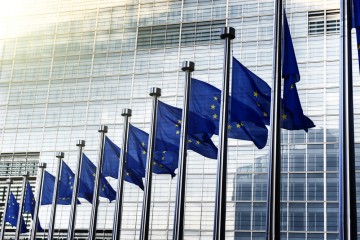
European Sovereignty and federalism: a necessary alliance to rescue political agency
Populism and euroscepticism are on the rise everywhere in Europe. No longer confined to the margins of the political spectrum, they have become increasingly close to the mainstream. These movements perceive Europe as the main cause of all the current ills affecting our societies – immigration, unemployment, low growth, poverty and insecurity. But this is not a purely contingent phenomenon. The upsurge of these movements can only be explained by deep causes related to long-term historical evolutions. If one accepts this premise, only alternatives addressing these underlying factors are likely to constitute adequate responses to this phenomenon. This is exactly what a renewal of European federalism creating an effective sovereignty at the European level is about. Populism and Euroscepticism Certainly, …
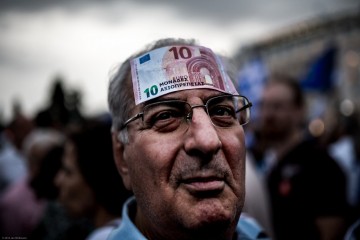
Greece has become the EU’s third protectorate
The EU looks, walks and talks like an empire. After extending its borders into Central and Eastern Europe, the EU has just created its third protectorate in the Balkans. From now on Greece will effectively be run by the EU the way Kosovo and Bosnia-Herzegovina already are. Empire is not a synonym of evil despite some bad historical connotations, especially from the colonial era. Power can be exercised in noble ways, and peripheries often prefer to be “conquered” than abandoned. However, the EU’s ambition to run dysfunctional countries by decree is doomed to fail and will represent yet another blow to the project of European integration. Formal involvement of the UN or the IMF in running the protectorates will not …

The fatalistic predicament of Ukraine
Bloody clashes in front of the Ukrainian Parliament have reminded us about the EU’s tormented neighbour. Ultra-nationalists were not successful in the last parliamentary elections, but the tragic situation in Donbas has allowed them thrive. At stake this time were planned changes to the Ukrainian Constitution that envisaged a territorial decentralization as stipulated by the Minsk Agreement. For Ukrainian radicals these changes “imposed” from outside amount to a partition of their country. Is Ukraine unravelling? I do not think so, but much depends on Europe. European leaders said many times that the future of Europe and Ukraine are entangled. The last thing they want is to have a huge failed state on their eastern border. This is why President Poroshenko …
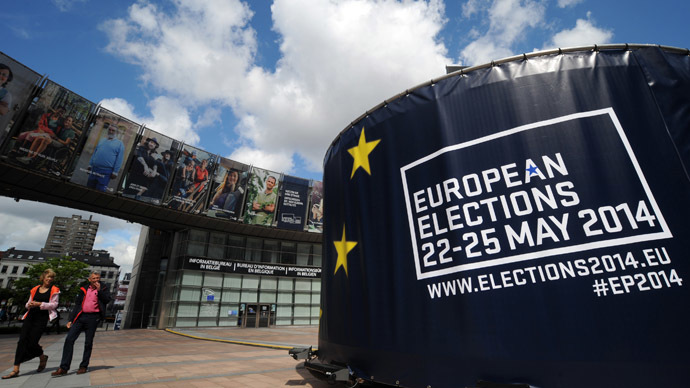
Populism vs. Technocracy? How political parties adapt to new dominant narratives.
Over the last decades, populism and technocracy have attracted a great deal of public attention and generated a lively scholarly debate. As it has recently been argued, they have emerged as the two dominant discourses on the European political scene. As the 2014 European elections clearly showed, even traditional, mainstream political parties increasingly rely on either or both these narratives. One insightful example is the discursive practices of Matteo Renzi’s Democratic Party during the Italian electoral campaign.
After his rise as party leader and then Italy’s youngest ever Prime Minister, Renzi has become a favourite of the international press. As early as 2010, when he was still mayor of Florence, the Tuscan politician proved himself an extremely skilled communicator. His idea of ‘rottamare’ (‘scrapping’) the entire political class had an extremely wide impact on public opinion and soon became a slogan for all those who wanted to contest the status quo in Italian politics. The growing support he received from the public convinced him to run for his party’s leadership primaries in 2012 and then, successfully, in 2013. Nowadays, Renzi’s PD embodies an arguably renewed organisation. The internal opposition has been gradually marginalised and the re-compacted majority has developed a political discourse based on pragmatism, hope for the future and the need for change. In particular, one can observe how the PD has gradually assimilated populist and technocratic discursive strategies by examining the ways in which it deals with a key issue such as the European Union.
The populist mode. According to a growing body of literature, typical examples of populist discursive practices include the reliance upon Manichean oppositions, romanticised and essentialist visions of the people, appeals to the multitude whilst excluding others and extreme simplification and moralisation (Wodak 2003).

After the Protests: Time for a new politics in Turkey
The balance sheet after three weeks of protests and police violence in Turkey is grim: four people were killed, more than 7,000 wounded, 11 lost their eyesight and several hundred detained. What began as a localised protest over a shopping centre and the demolition of the Gezi Park in Istanbul’s central Taksim Square turned into a nationwide conflagration in response to the inciting rhetoric of Prime Minister Recep Tayyip Erdoğan and the unfettered police brutality unleashed upon peaceful protestors. The image of German Green Party Chairwoman Claudia Roth, barely able to speak following a teargas attack on her hotel next to the Gezi Park, will come to haunt Turkey’s political elites for years to come.
It is hence not surprising that a significant portion of Turkey’s society, which also feels unrepresented by the infighting-plagued main opposition party, was ready to go to the streets, when the initial protests over the shopping centre were brutally repressed.
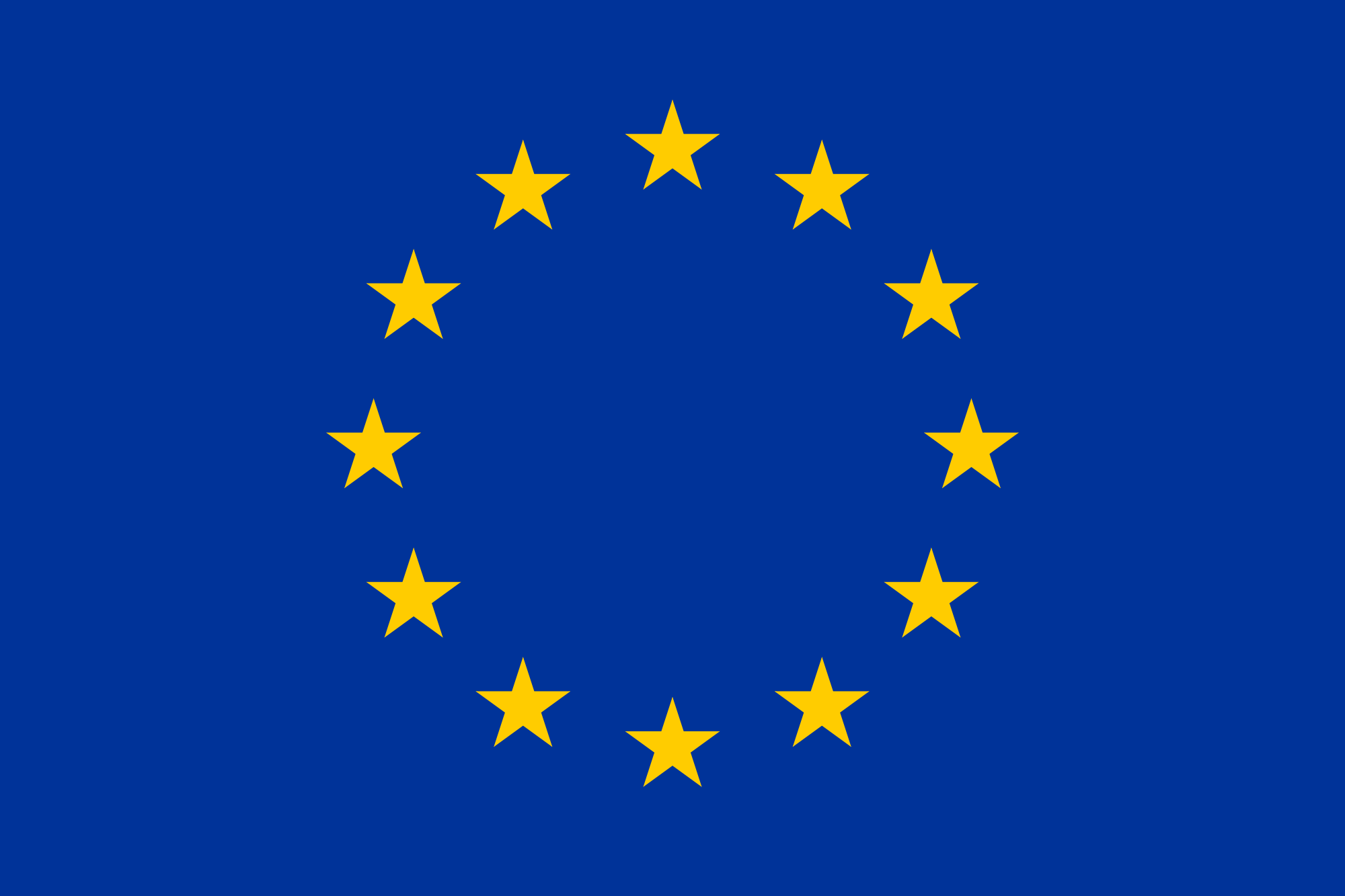
More Europe, Less Europe, No Europe? – the inaugural Oxford DPIR alumni conference
On Saturday 2nd March Oxford’s Department of Politics and International Relations hosted its inaugural Alumni Conference. Former politics students were welcomed to the Manor Road Building for the chance to discuss the issue of Europe with the very best political scientists – past, present and future – that the University has to offer. Although this was a conference organised for the benefit of alumni, it could equally have served as an event to attract prospective students, such was the calibre of the speakers and the quality of debate.
You can listen to a podcast of the event on the DPIR website, see the full post for more details.
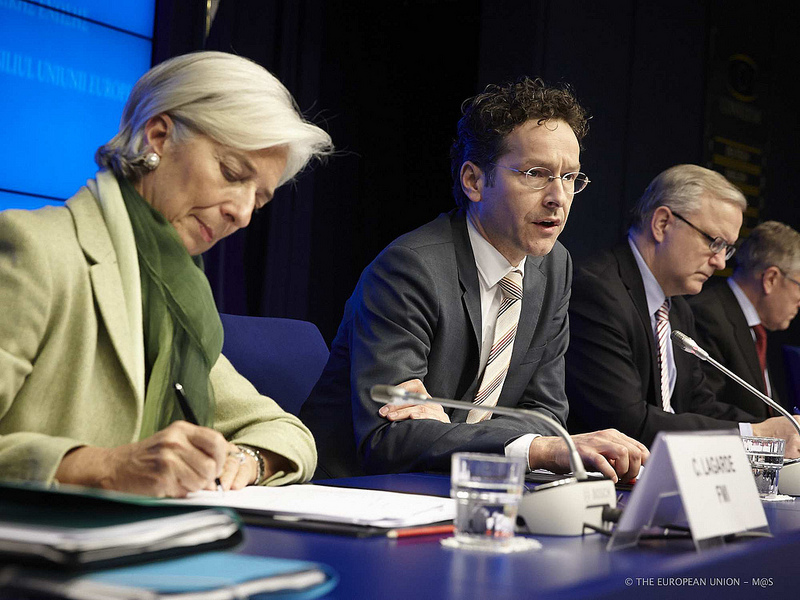
The third phase of the Euro crisis
At the Spring European Council on 14/15 March 2013 the perennial issue of economic growth and jobs once again took centre stage. The President of the European Commission, José Manuel Barroso, stated on Twitter that “Things are better than one year ago, but growth still worrying and unemployment unacceptable.” Mr Barroso is not the only top European politician who highlights the dire social situation in the crisis-ridden countries. In the margins of the European Council Jean-Claude Juncker, the Prime Minister of Luxembourg, warned of a “social revolution” that might result from the harsh austerity measures in Southern Europe.
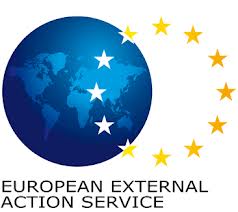
EU Reform: Five recommendations for the European Foreign Service
With the Lisbon Treaty, the member states of the European Union (EU) established a European External Action Service (EEAS), otherwise known as the ‘European foreign service’, consisting of several thousand officials drawn from the EU institutions and national diplomatic offices. The EEAS has existed since January 2011 and falls under the authority of the EU High Representative Lady Ashton. In addition to the Brussels headquarters, there are some 140 EU delegations (‘embassies’) in other countries. This spring, there will be a formal review. The mid-2013 review of the EEAS, as it is called, presents an opportunity to improve the current structure. Catherine Ashton should use the momentum of this review to make the EEAS a more effective international actor. The EEAS will be an important part of her legacy after she resigns as High Representative next year. I have five recommendations.









